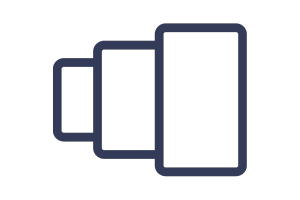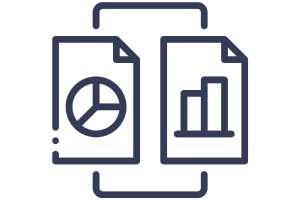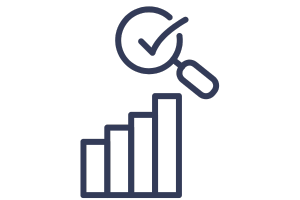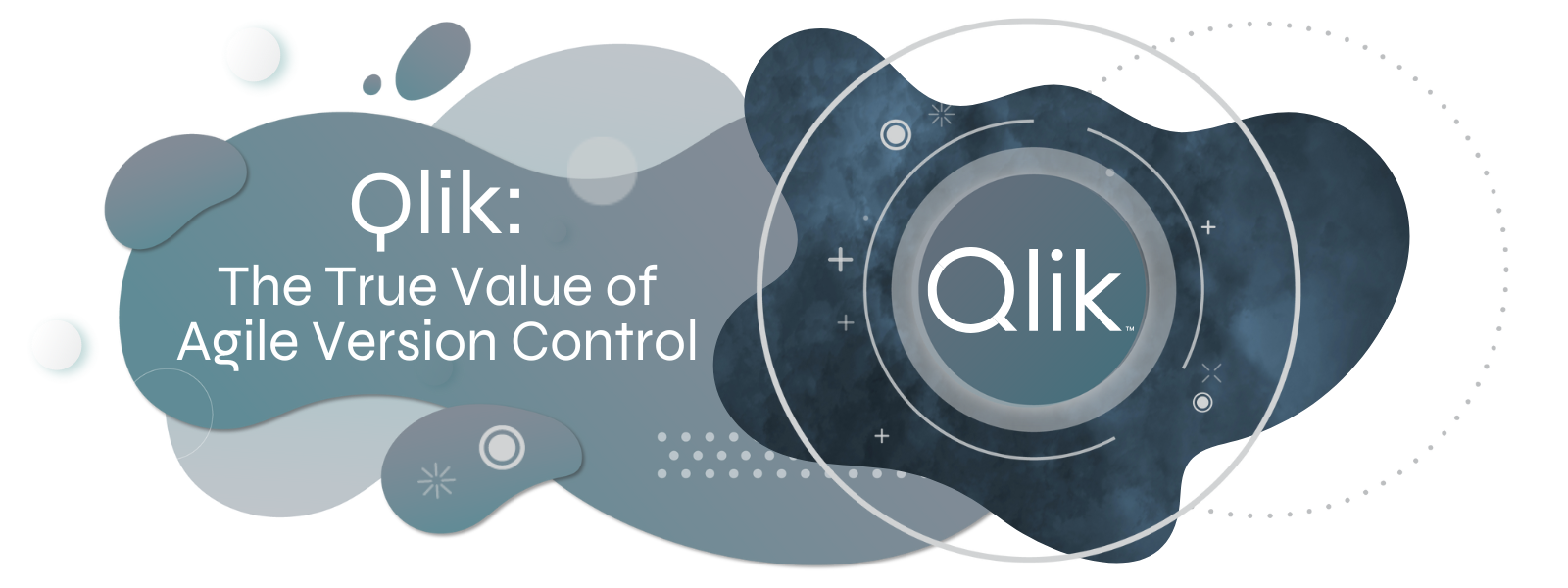Qlik and SAPBO Version control, also known as source control, is the practice of managing changes to code, documents, and other files over time. It is a key component of software development and is used to track changes, manage collaboration among team members, and ensure that everyone is working with the latest version of the codebase.
WIP Version Control provide a centralized repository for all files associated with a project and enable developers to manage changes to these files over time. Each time a change is made, WIP Version Control records the change along with information about who made the change and when.
WIP Version Control systems provide a number of benefits, including:

Collaboration:
WIP Version Control enable multiple developers to work on the same codebase simultaneously, without interfering with each other's work.

Versioning:
WIP Version Control enable developers to track changes to code over time and revert to previous versions if necessary.

Comparisons:
WIP Version Control enable developers to compare the codebase to experiment with new features or fixes without affecting the main codebase.

Auditing:
WIP Version Control provide an audit trail of changes, including who made the changes and when.

